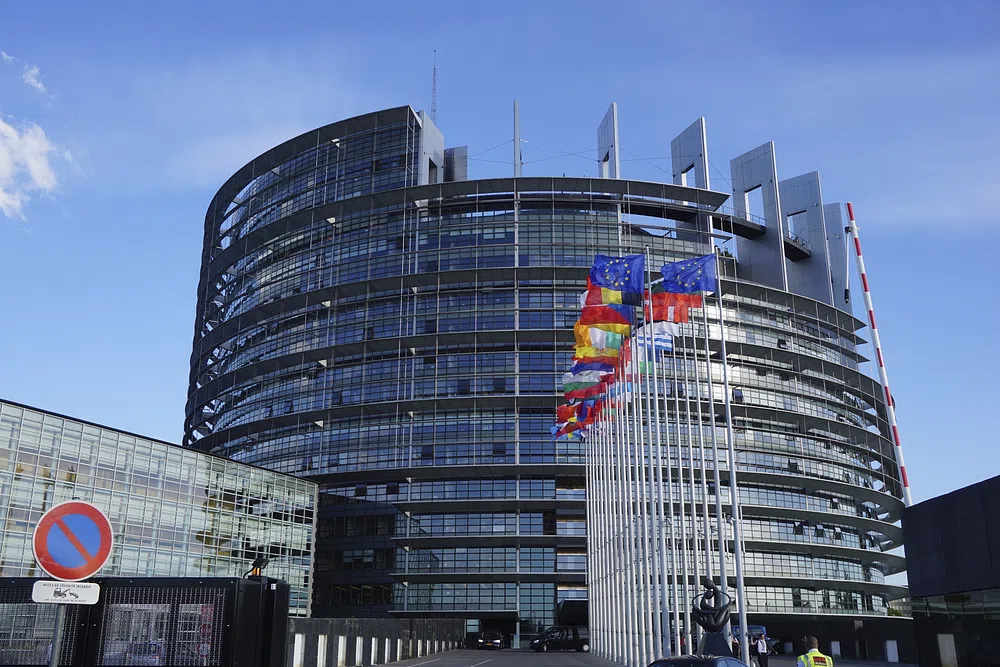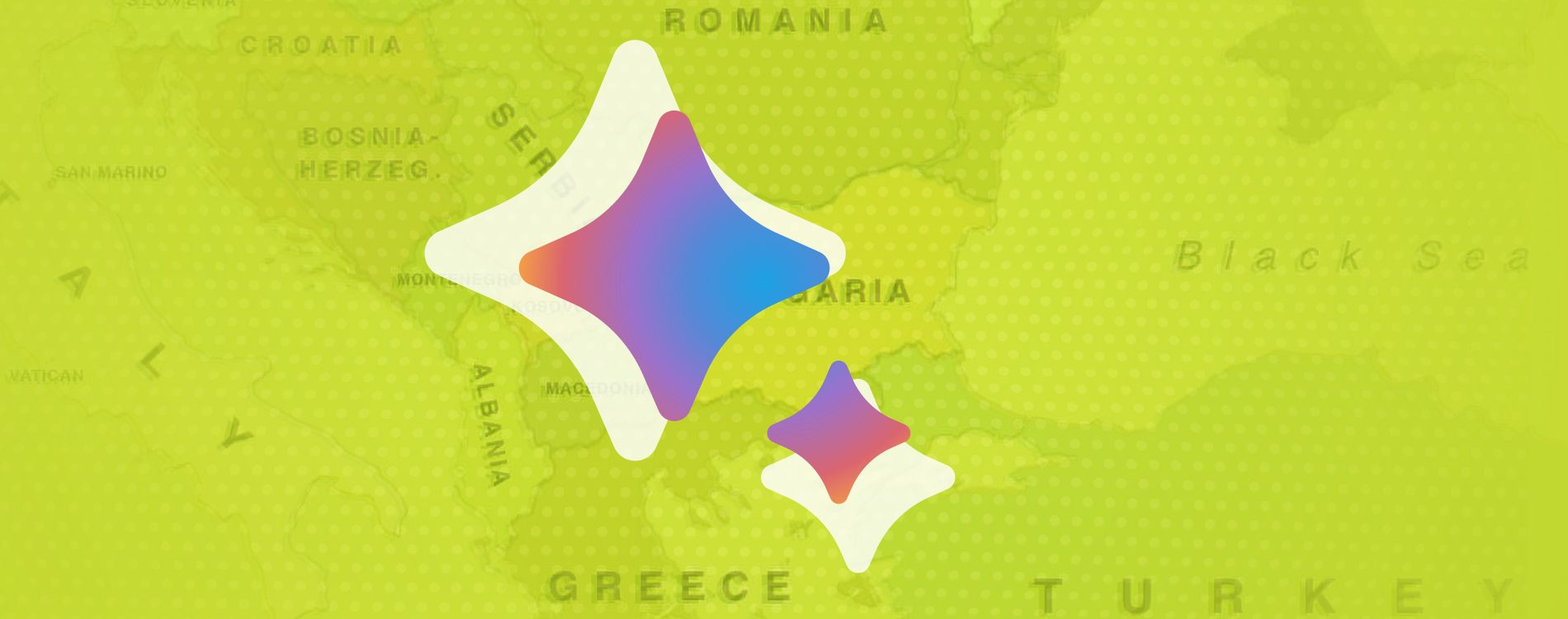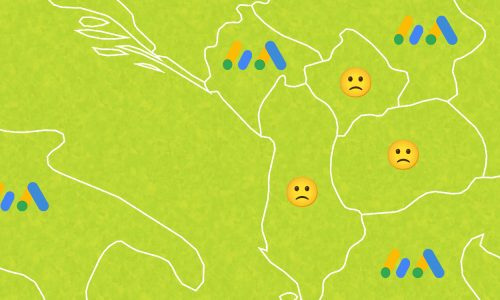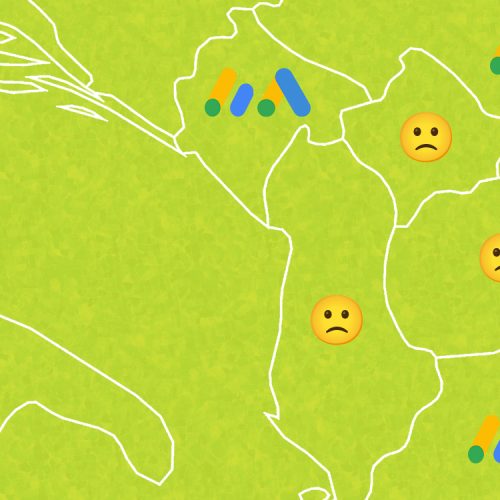Google has made an announcement stating that their AI chatbot, Bard, is now accessible in approximately 50 additional countries, including all 27 EU nations and Brazil. This move aims to expand the availability of Bard, which serves as Google’s response to Microsoft’s ChatGPT, to a broader audience.
According to a blog post by Jack Krawczyk, Bard’s product lead, and Amarnag Subramanya, vice president at Google, Bard is now accessible in most parts of the world and supports the most widely spoken languages. They emphasized their proactive engagement with experts, policymakers, and privacy regulators as part of Google’s responsible approach to AI expansion.
Google intends to incorporate user feedback, safeguard privacy, and protect data as it expands access to Bard. The AI tool is now available in over 40 languages, such as Arabic, Chinese, German, Hindi, and Spanish, whereas it was previously limited to English, Japanese, and Korean.
In addition to the broader availability, Google has introduced new features for Bard. Users can now receive audio responses from the chatbot and choose from five different response styles: simple, long, short, professional, or casual. Another notable addition is the ability to upload photos for Bard to analyze and provide information based on the images.
Google’s European hurdles

Initially introduced in February, Bard’s release in the European Union was delayed due to the bloc’s intentions to regulate artificial intelligence. The EU has expressed concerns about the potential risks associated with the rapid growth of this technology. Meanwhile, Microsoft has been quick to integrate ChatGPT-like capabilities into various products, including its Bing search engine.
Last month, the European Parliament supported a draft law that will establish comprehensive regulations for AI, potentially becoming the world’s first of its kind. This law includes provisions specific to generative AI systems like ChatGPT and Dall-E, which can generate text, images, and other media. Negotiations between the parliament and EU member states are expected, with the goal of finalizing the regulation by year-end.
The regulations mandate that AI-generated content must be clearly labeled as such and prohibit certain AI applications, including real-time facial recognition systems. The widespread adoption of AI has raised concerns about job displacement and other societal impacts.
Google Bard in SEE
Despite the fact that a huge part of Southeast Europe is not part of the European Union, it was still affected by Bard’s postponement in its European launch.
With the current decision, the product is fully available in the SEE region. Moreover, most of the national languages are supported by the chatbot. Bard fully speaks and understands Bulgarian, Croatian, Serbian, Greek, Romanian and Slovenian.
Albanian and Macedonian are not supported, however – which is in line with Google’s current policies of ignoring these two languages: both languages are currently unsupported by Google Ads and Google AdSense, as well.









